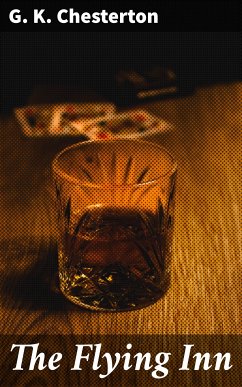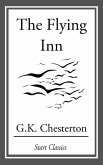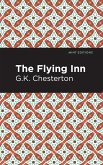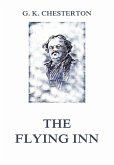In "The Flying Inn," G. K. Chesterton crafts an engaging narrative that intertwines elements of fantasy, satire, and social commentary, portraying a whimsical yet profound adventure against a backdrop of a fictional England succumbing to a teetotalitarian regime. The novel follows the escapades of two unlikely companions, a disgruntled innkeeper and a devoutly religious pirate, as they embark on a journey to protect the values of freedom and tradition. Chesterton's rich prose is infused with playful wit and sharp philosophical musings, echoing the literary context of the early 20th century, where the struggle for individualism and liberty was increasingly threatened by the encroachment of collectivist ideologies. G. K. Chesterton, a prolific writer, philosopher, and theologian, is best known for his sharp reasoning and evocative storytelling. His experiences with social and political issues of his time, coupled with a foundational belief in the importance of tradition and faith, profoundly shaped his writing. "The Flying Inn" stands as a testament to his commitment to challenging contemporary societal norms while embracing the joy and vigor of life. This delightful work is highly recommended for readers seeking to explore themes of freedom and individuality. Chesterton's masterful blend of humor and philosophy invites us to reflect on the essence of human experience amidst the absurdity of modernity, making it a timeless exploration that resonates with contemporary audiences.
Dieser Download kann aus rechtlichen Gründen nur mit Rechnungsadresse in A, B, BG, CY, CZ, D, DK, EW, E, FIN, F, GR, H, IRL, I, LT, L, LR, M, NL, PL, P, R, S, SLO, SK ausgeliefert werden.









